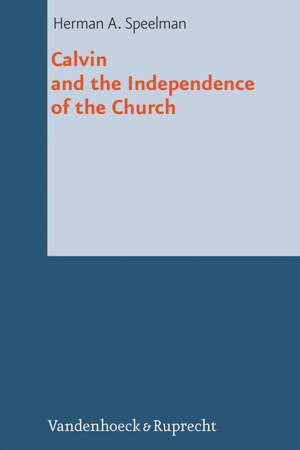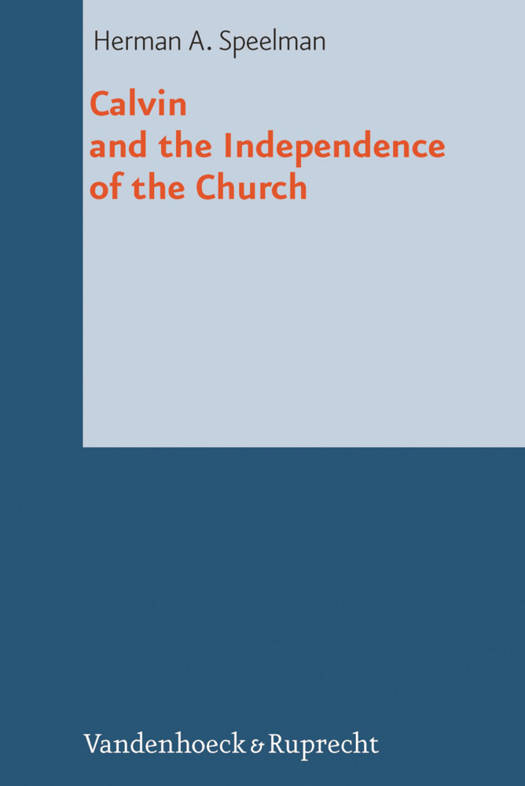
- Afhalen na 1 uur in een winkel met voorraad
- Gratis thuislevering in België vanaf € 30
- Ruim aanbod met 7 miljoen producten
- Afhalen na 1 uur in een winkel met voorraad
- Gratis thuislevering in België vanaf € 30
- Ruim aanbod met 7 miljoen producten
Omschrijving
Speelman deals with a central question in the intellectual history of the sixteenth century: to what extent can Calvin be regarded as responsible for the tendency in Calvinism or, more broadly, in Reformed Protestantism, to form a church which has its own ecclesiastical organization and office bearers? So far, claiming a great deal of independence for the church has been considered an important aspect of Calvin's legacy. In this line of reasoning, it is assumed that Calvin was a strong opponent of the church as a state organization that did not have its own governing body and power of excommunication. To better understand this issue, the text examines the position of the church within the city-state of Bern. Secondly, it directs its attention to the manner in which Calvin gave form to ecclesiastical life in Geneva. Next, it deals with the church in France, and finally, it examines the influence of Calvin and French Calvinism on the organization of the Reformed church in The Netherlands in the 1570s.
Specificaties
Betrokkenen
- Auteur(s):
- Uitgeverij:
Inhoud
- Aantal bladzijden:
- 268
- Taal:
- Duits
- Reeks:
Eigenschappen
- Productcode (EAN):
- 9783525570210
- Verschijningsdatum:
- 1/10/2013
- Uitvoering:
- Hardcover
- Formaat:
- Genaaid
- Afmetingen:
- 160 mm x 237 mm
- Gewicht:
- 615 g

Alleen bij Standaard Boekhandel
+ 335 punten op je klantenkaart van Standaard Boekhandel
Beoordelingen
We publiceren alleen reviews die voldoen aan de voorwaarden voor reviews. Bekijk onze voorwaarden voor reviews.










